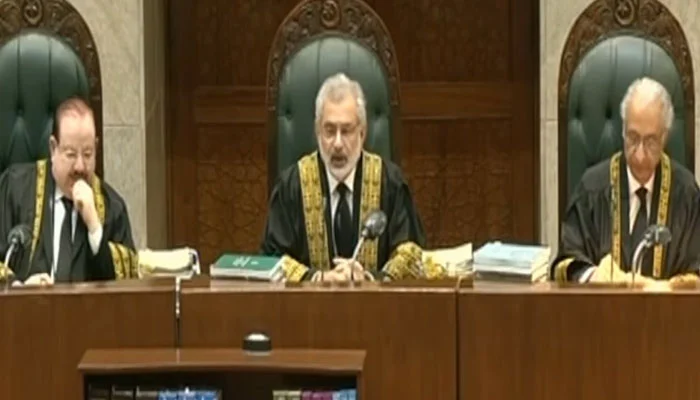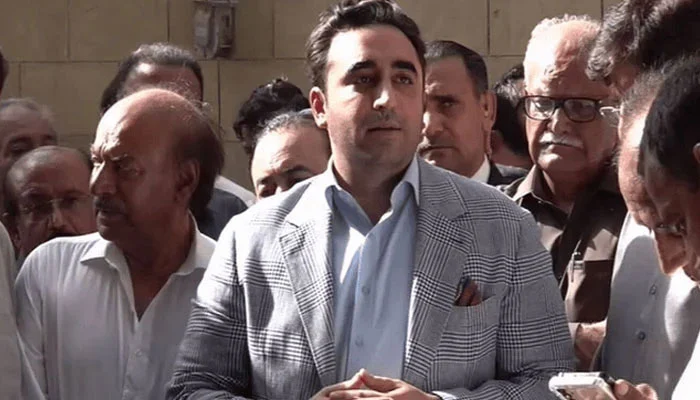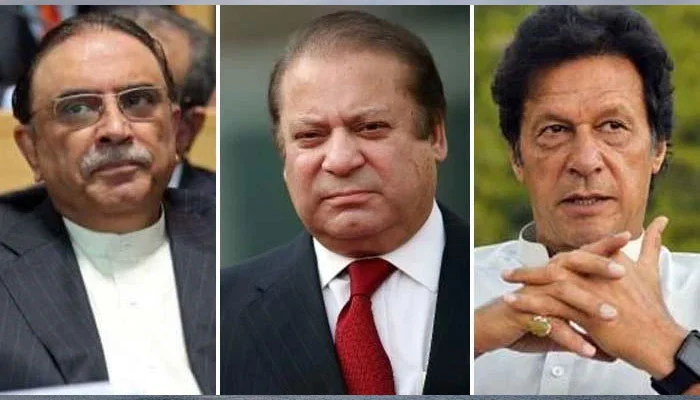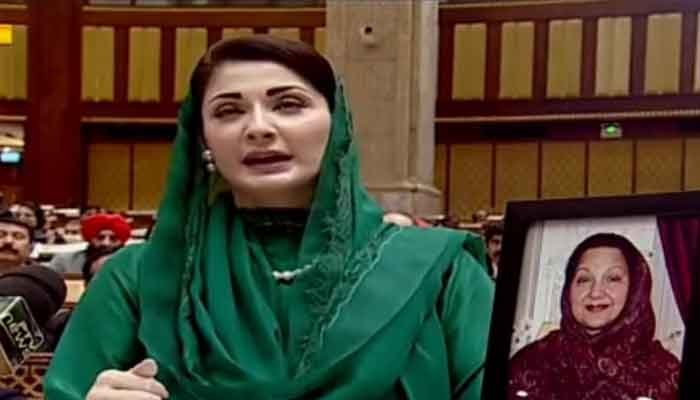Chief Justice of Pakistan, Justice Faiz Isa, has made significant remarks during a direct hearing at the Supreme Court regarding the Practice and Procedure Act. He stressed that the powers of the Chief Justice and Parliament are clearly defined, emphasizing that the constitution and laws must prevail, and precedents should be set accordingly.
The Chief Justice, heading a full court hearing, commented that the impact of this law, particularly on the Chief Justice and two senior judges, was under scrutiny. He asserted that the allocation of powers was in progress and highlighted the need for a careful balance between the powers of the Chief Justice and Parliament. Some judges perceive the authority of Parliament and the Chief Justice differently, leading to varied interpretations of their roles.
Justice Faiz Isa noted that the application of this law would affect future Chief Justices as well. He emphasized that the powers of the Chief Justice and Parliament were distinct and that some judges needed clarity on this matter. He called for a careful examination of the law to understand its implications fully.
During the hearing, the Chief Justice addressed Attorney General Khawaja Tariq Rahim, advising him to preserve his arguments. He stated that the Supreme Court had legal experts and senior counsels present to hear all sides. The Chief Justice also questioned Advocate Akram Chaudhry regarding his arguments. Chaudhry contended that the Act impeded the freedom of the judiciary, and Parliament’s attempt to overstep its boundaries should be observed carefully.
Chaudhry’s arguments focused on the impact of the Act, questioning Parliament’s right to diminish the judiciary’s independence. He emphasized the necessity of scrutinizing the Parliament’s actions since the Act’s approval. The Chief Justice questioned Chaudhry about his sources, urging him to base his arguments on legal evidence and principles.
Justice Faiz Isa cautioned against using news reports as a basis for arguments, emphasizing the need for sound legal reasoning. He expressed concerns about potential political manipulations, urging lawyers to uphold the sanctity of the judiciary and the legal process.
The Chief Justice’s remarks underscore the delicate balance between the powers of the judiciary and Parliament. His comments highlight the importance of clear legal interpretation and adherence to constitutional principles, ensuring the independence and integrity of the judicial system in Pakistan. The case serves as a critical moment in defining the boundaries of power between key institutions within the country’s democratic framework.
Legal Experts Clash in Supreme Court: Pakistan’s Constitutional Dilemma
A significant legal showdown unfolded in Pakistan’s Supreme Court as prominent lawyers, Akram Chaudhry and Niazullah Niazi, presented their arguments regarding the parliament’s authority to enact laws affecting the judiciary. Chaudhry argued that the Supreme Court possesses the complete authority to declare an act null and void, referencing the Rawalpindi Bar case where constitutional amendments were scrutinized.
Chief Justice countered, pointing out that the 21st constitutional amendment allows the court to review constitutional amendments. He questioned whether Chaudhry’s argument implied that if a law is enacted through a constitutional amendment, it automatically becomes just. The Chief Justice challenged the concept of judicial freedom, asking whether it is an exclusive right of the judiciary or also a fundamental right for the people.
Chaudhry emphasized that the court’s freedom pertains only to defending itself, not the citizens. Justice Faiz Isa joined the debate, questioning if a parliamentary law prioritizing specific cases would infringe upon the judiciary’s freedom. He probed whether Pakistan’s judicial freedom was self-sufficient or connected to other entities.
Justice Ata Maneka interjected, raising questions about the origin of Chaudhry’s references. He clarified that the term “Judiciary Department,” used in Chaudhry’s arguments, was from American law, emphasizing the diverse terminologies across nations.
Chaudhry asserted that he represented the entire nation’s case, not just his own. The Chief Justice, however, advised him to focus solely on his case and refrain from making accusations without evidence.
Justice Ejaz Hassan raised two critical questions: first, whether parliament can legislate on internal judiciary matters, and second, the conflict of interest. Chief Justice reminded Chaudhry that delving into such intricate details required substantial time and urged him to conclude his arguments.
Justice Jamal Mandokhail questioned the compatibility of the comments Chaudhry referred to with the 1973 Constitution, highlighting the importance of aligning arguments with Pakistan’s legal context.
Chief Justice Faiz Isa emphasized the need to conclude the case, explaining that while they wished to listen all day, practical constraints demanded a concise presentation. Justice Sardar Tariq posed a fundamental query: why can’t parliament provide references for its laws?
In response, Niazullah Niazi’s lawyer, Akram Chaudhry, emphasized the preservation of his basic rights and indicated that he would submit the remaining arguments in writing.
In this heated legal battle, the core issue revolves around the interplay of parliamentary and judicial powers, raising critical questions about the boundaries and interconnections of these essential elements within Pakistan’s democratic framework. The case’s resolution will significantly impact the delicate balance between the country’s legislative and judicial branches



